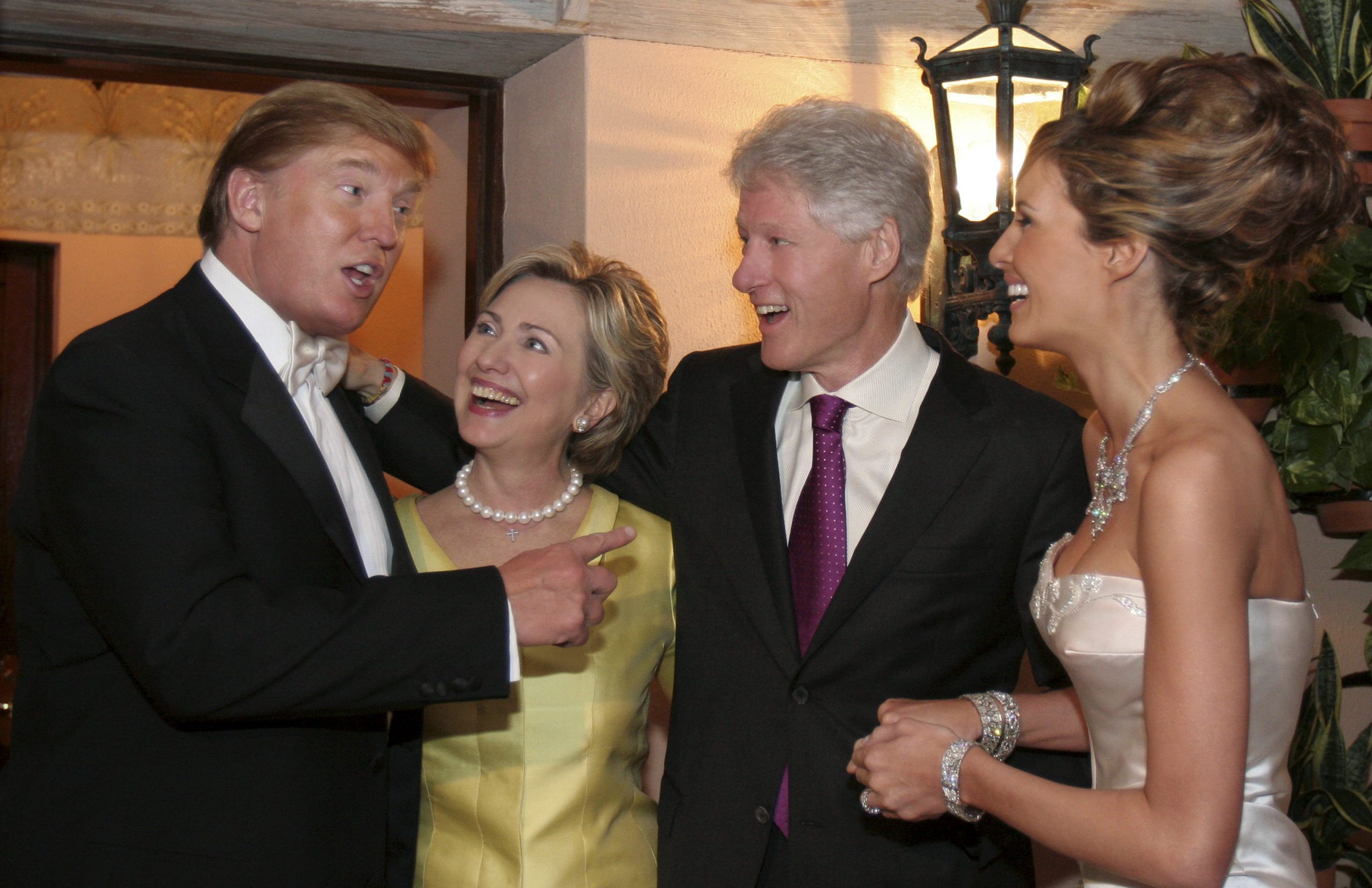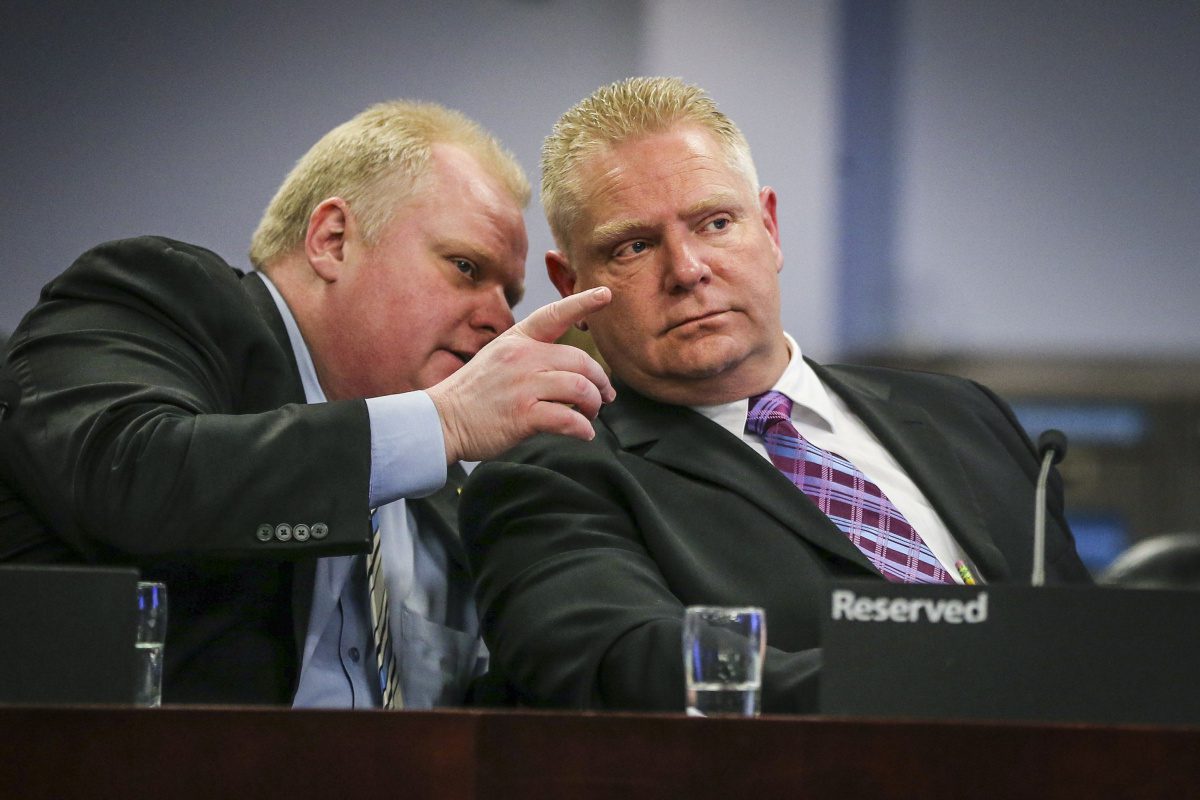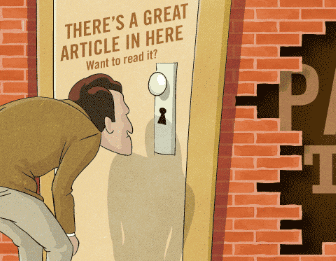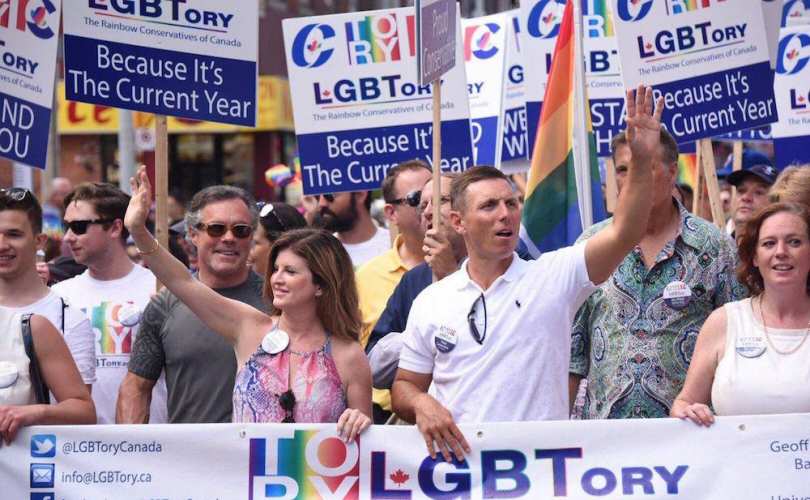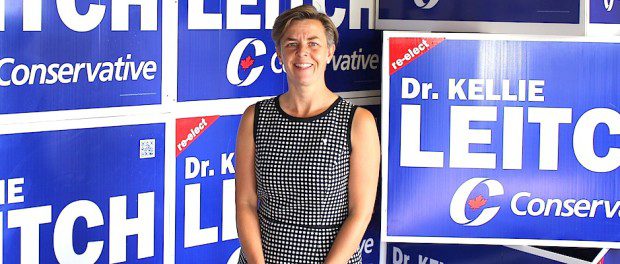The best news providers are the ones that give it to you straight. Of course in a polarized, propagandized, politicized, partisan-filled media landscape (where the public's disdain for paparazzi has proliferated to the press en masse) it's pretty hard to find any credible new source that holds truth as its primary principle.
I could now veer into an existential philosophical tangent on the news media's identity crisis, but I'd rather just surgically slice the bogus Canadian coverage of this American election.
The Canadian media was doomed to fail in covering American politics from the very beginning; our generally left-leaning populace and peripheral viewpoint made it inevitable. But none of that should excuse the blatant or foolish omissions and overstatements committed by our Canadian press during this US election cycle.
For brevity's sake, I'll only recount some of the most recent Canadian offences to journalistic integrity by the CBC, but the rest of the major players are just as guilty.
Earlier last week the media was reporting that an investigation into the Trump Foundation was underway by the NY attorney general, and the CBC rightly reported it. However, when searching the CBC for the Clinton Foundation's horrendous record of only 10 per cent of donations actually going to charitable work, there is scant a word. The Clinton Foundation has been a slush fund for the Clintons and their crony friends, and is being investigated on a much higher level than Trump's foundation, but the CBC wouldn't dare report this massive story. The CBC also loves documentaries, and aired one on Trump's shady business practices. So it would have made a lot of sense for the network to air or at least report on the hugely popular Clinton Cash documentary, but not a peep. The documentary even had a Canadian connection as it covered how a Canadian billionaire in the mining industry and other Canadian corporations had contributed to the Clinton Foundation or giving the Clintons' exorbitant speaking fees for favours.
Later in the week, while listening to CBC radio, a news report went in-depth debunking Trump's latest economic speech, and then shortly after cut to a segment where the host and a guest discussed how it was sexist that Clinton was being criticized for withholding informing the public of her "pneumonia." If they'd only done a cursory glance at the latest DNC emails leaked the night before, or the original leaks from the summer, the CBC would've realized Hillary's health has been a problem for years and that her "pneumonia" and/or "allergies" could be a far more serious ailment than the Clinton Campaign is letting on. Amazingly, the leak wasn't even reported by the CBC that day, even though it has a goldmine of quotes from Colin Powell, such as Bill Clinton is "still dicking bimbos" and Hillary is power-hungry and wouldn't be a good president. When the CBC finally did get around to reporting on the leak, they focused on Powell's negative comments on Trump, despite there being far more damning evidence of illegal behaviour by Democrats, Hillary's running mate Tim Kaine, and the Obama administration.
Since Hillary Clinton collapsed (or "stumbled" if you agree with the mainstream media and its silly semantics) on the anniversary of nine-eleven, her poll numbers have also taken a downward trajectory. Since most of the flunkeys in media are #NeverTrump operatives, they've been trying to build a dominant negative narrative on Trump to quell his surge. So in the past week, they've been hounding him to renounce his "birther" conspiracy theory. The media hacks thought they had the perfect story. Trump smearing—not the unpopular and utterly corrupt Hillary—but the beloved Obama by claiming he was born in Kenya.
Trump, a builder of skyscrapers and spectacular narratives — "I build things, that's what I do" — hoodwinked all the major networks into carrying live his love-in speech at his "under budget and ahead of schedule" new hotel (a short jaunt from 1600 Pennsylvania Avenue) because his campaign told the press he'd address the "birther" matter. Instead, in horror, the partisan press realized Trump was erecting a narrative of his business prowess and had veterans and military leaders declare their support for the brash billionaire.
After twenty minutes of incredibly positive Trump coverage from all the major networks, much more valuable than millions of dollars in campaigns ads, the humiliated American media cut the feed. Had they stuck around fifteen more minutes, they would've witnessed the clever billionaire demolishing their narrative.
"Hillary Clinton and her campaign in 2008 started the birther controversy. I finished it. President Barak Obama was born in the United States, period. Now we all want to get back to making America strong and great again."
Painfully predictably the American media pounced on the statement that Clinton birthed the conspiracy, pronouncing it patently false. But the long-term fact-challenged press had forgotten or ignored that Hillary's campaign had in fact concocted the theory back in the 2008 failed campaign. Even recently the leftwing Morning Joe show has admitted as much.
But leave it to the CBC et al. to unquestioningly defend Clinton. A recent headline for the CBC stated Trump "falsely claims Clinton started" the birther controversy.
All of this misinformation due to omission, overstatement and understatement has been prevalent in Canadian media's coverage of Trump since last June. And the skewed coverage has had its effect on Canadian mainstream journalists and the zeitgeist. On Twitter you see the most high profile journalists condemn Trump daily and virtue signal by making fun of him. Trudeau has condemned the man who could very well be the next POTUS. And just this week a student in Calgary had a meltdown over another student wearing the "Make America Great Again" hat, saying it was a danger to her safe space. One can only wonder what absurdity will ensue if the deplorable man makes it all the way to the White House.
Written by Graeme C. Gordon



